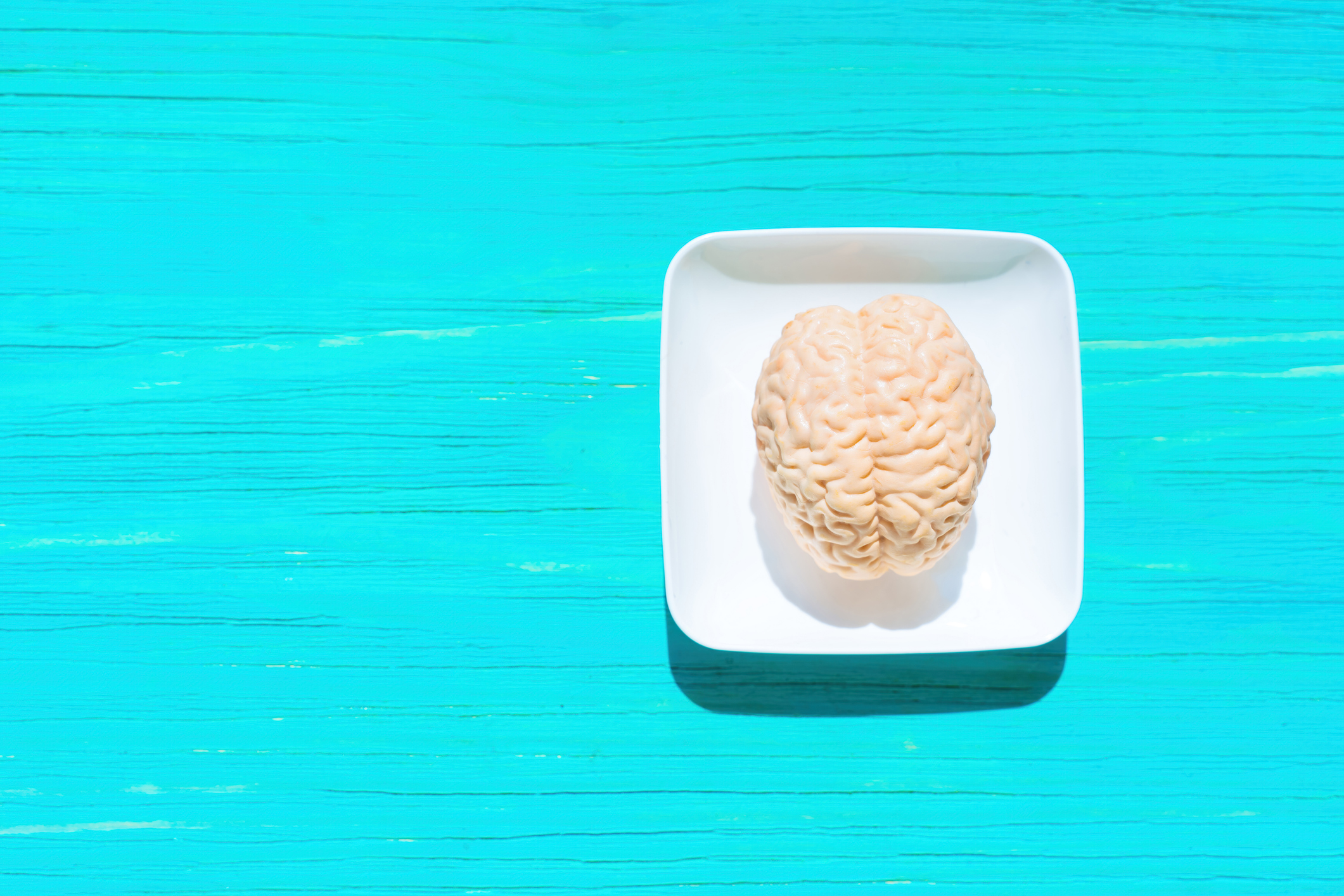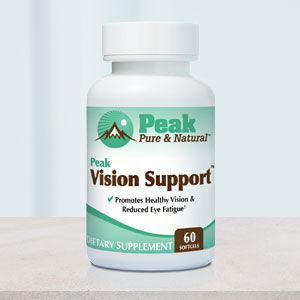Get Easy Health Digest™ in your inbox and don’t miss a thing when you subscribe today. Plus, get the free bonus report, Mother Nature’s Tips, Tricks and Remedies for Cholesterol, Blood Pressure & Blood Sugar as my way of saying welcome to the community!
5 micronutrients Alzheimer’s brains are missing

Right now, 6.7 million Americans age 65 and older are living with Alzheimer’s disease. And that figure is expected to balloon to 12.7 million by 2050 as the population ages.
With this dread disease on the rise, researchers are exploring every angle possible to find a way to at least slow its progression. Unfortunately, the most recently approved drug, lecanemab, comes with major risks.
However, nutrition is one area showing much promise in the battle for saving our aging brains. Over the last decade, several nutrients have come to the forefront for supporting brain health.
But one group of researchers recently looked at things a little differently. They identified specific nutrients that were strikingly lower in Alzheimer’s brains versus normal brains…
5 nutrients mostly missing in Alzheimer’s brains
Scientists still don’t fully understand what causes the cell death and tissue loss in the brains of Alzheimer’s patients. One theory is that it involves the buildup of two types of protein clumps: amyloid plaques and tau tangles. In Alzheimer’s, the brain loses its ability to clear these waste products.
Still, this is only one of multiple factors playing into the disease process. One team of U.S.-based researchers says other potential contributors include inflammation, mitochondrial dysfunction, and oxidative damage. Antioxidants help fight the latter, so the researchers thought a deficiency in such antioxidants could contribute to the development of Alzheimer’s.
To test this theory, the researchers analyzed the brains of 31 donors with an average age of 75 years. Alzheimer’s disease was present in most, but not all, of the donors.
When the researchers compared the brains of Alzheimer’s patients with brains unaffected by the disease, they found the Alzheimer’s brains had around half the level of five micronutrients they say, “help keep brains in top condition at all ages.”
Here are the five deficient nutrients they identified….
Lutein
Best known for its role in protecting the eyes, lutein’s benefits go far beyond. This antioxidant has previously been linked with better brain health and a lower risk for dementia. It can be found in foods like egg yolks, spinach, kale, corn, orange peppers, squash, zucchinis, kiwis and grapes.
Lycopene
Lycopene is an antioxidant found in red-hued fruits and vegetables such as tomatoes, watermelon, red oranges, pink grapefruits, apricots and guavas. This antioxidant helps protect against cellular damage and has been linked with better brain and heart health.
Retinol
Retinol is a form of vitamin A that’s used in many skincare products to protect the skin from the effects of aging. But this antioxidant could also be a potent way to prevent age-related cognitive impairments.
Retinol is found in foods like eggs, dairy products, oily fish and liver. But because the body can convert beta-carotene into retinol, indirect sources include colorful fruits and vegetables like spinach, carrots, sweet potatoes, mangoes, papaya and apricots.
Vitamin E
Another antioxidant, vitamin E fights free radicals, improves immune function and helps prevent blood clots in the heart’s arteries. It’s also been shown to protect the brain.
You can get vitamin E from plant-based oils, nuts, seeds and fruits and vegetables. Some typical sources include sunflower and soybean oils, almonds, peanuts, spinach, pumpkin, asparagus, red bell peppers, avocados and mangoes. Remember that vitamin E is a fat-soluble vitamin, so you need to consume a fat along with these foods to help your body absorb the nutrient.
I’d like to make a note here about the mention of sunflower and soybean oils listed as sources of vitamin E. Though the researchers didn’t spell it out in their report, a key component of these oils is lecithin — the best dietary source of phosphatidylserine (PS). PS is one of the most tested nutrients for brain health and is considered a building block for brain cells.
Zeaxanthin
The antioxidant zeaxanthin is known to defend the eyes from sun damage. But its anti-inflammatory properties are also believed to protect the brain. Zeaxanthin is found in eggs, orange peppers, corn, grapes, mango, oranges and goji berries.
In addition to being antioxidants, three of these five substances — lycopene, lutein and zeaxanthin — are also carotenoids. These pigments found in fruits and vegetables have been associated with reducing Alzheimer’s risk in other, larger studies, and may be especially beneficial for women.
“We believe eating carotenoid-rich diets will help keep brains in top condition at all ages,” says C. Kathleen Dorey, a Virginia Tech Carilion School of Medicine professor.
Editor’s note: Did you know that when you take your body from acid to alkaline you can boost your energy, lose weight, soothe digestion, avoid illness and achieve wellness? Click here to discover The Alkaline Secret to Ultimate Vitality and revive your life today!
Sources:
Low Xanthophylls, Retinol, Lycopene, and Tocopherols in Grey and White Matter of Brains with Alzheimer’s Disease — Journal of Alzheimer’s Disease
Alzheimer’s Disease Facts and Figures — Alzheimer’s Association














